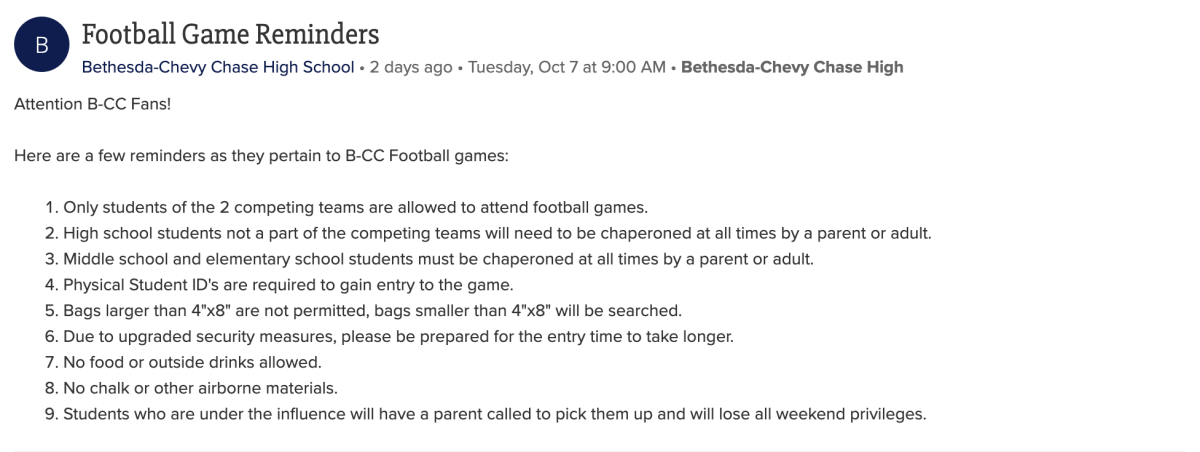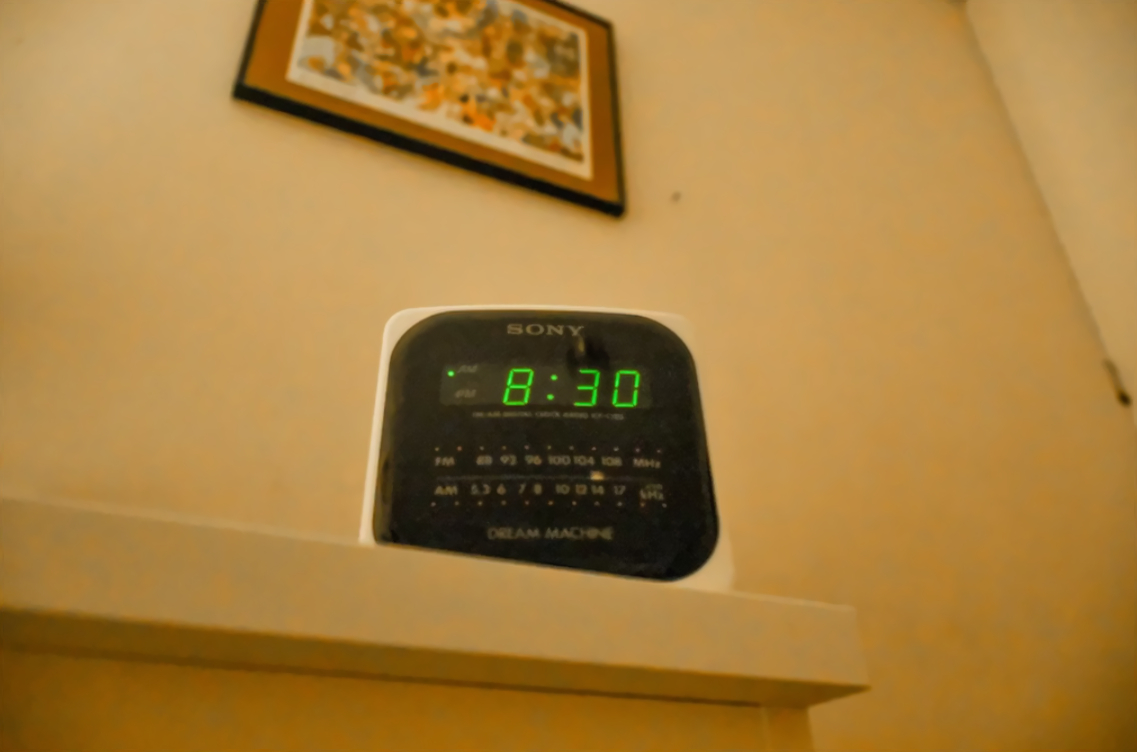“The amount of friends who tell me that they’re just so tired is too many,” Sophomore Emily Flemming said. Whether in the hallways or the classroom, students can be heard muttering under their breath, “I’m so tired,” at some point during the school day. With a 7:45 a.m. start time, many students do not receive sufficient sleep to feel good and be productive throughout the day. Too many students, too many times a day, find themselves thinking, I’m so tired. I want to take a nap?
According to the Centers for Disease Control and Prevention (CDC), “Short sleep duration for high school students is defined as less than eight hours of sleep per 24-hour period.” However, according to the American Psychological Association (APA), a majority of teens from fifteen to seventeen years old sleep seven hours or less each school night.
Junior Sarah Bodner usually gets six to eight hours of sleep per night. “It definitely affects when I get home and try to do homework. I’m really tired from the night before, [and] then I’m definitely less productive…I don’t get as many things done,” she said.
Teens often go to bed late at night and wake up late in the morning when given the chance. The APA has stated, “This tendency has biological and physiological roots.” Biologically, our homeostatic drive for sleep builds up to make us feel tired throughout the day. Our circadian rhythm helps determine what the right time is for sleep. This naturally moves later during the adolescent years. This means that if students go to bed earlier in the evening, it cannot guarantee that they will be less exhausted in the morning.
Pushing back the start of first period would lead to an increase in attendance rates, student GPA, test scores, student attention, and information retention, and ultimately, an overall positive change in student learning. In a study conducted by the Children’s National Medical Research Team, graduation rates and attendance rates significantly improved in schools with start times of 8:30 a.m. or later among the 30,000 high school students enrolled in the 29 schools included.
Additionally, changing school start times can help students’ mental health. According to the American Academy of Sleep Medicine (AASM) high school students who do not get enough sleep are more likely to feel sad or hopeless and are almost two times more likely to consider suicide.
“If I get less than seven hours, then it starts to not feel as great,” revealed Flemming. “It usually affects my mood. Things will feel more stressful when I have less [sleep].” This means that changing the start of school has a practical impact on the mental health of the student body. Allowing students to sleep later following their circadian rhythm will take away the risks posed by lack of sleep among students.
CDC data shows that teens who receive less than eight hours of sleep are more likely to text and drive. As stated by the AASM, drivers aged 16 to 24 are 80% more likely to be in an accident due to drowsy driving. Sleep also has an immense impact on the body’s heart and circulatory system. According to the CDC, hypertension, stroke, coronary heart disease, and irregular heartbeats are more common among individuals with disordered sleep in comparison to those without sleep abnormalities.
On the other hand, moving school start time brings some challenges. Having school buses on the road later in the morning could lead to congestion and delays on the road. Changing the times for high schools means those of lower schools would also have to change. Some parents rely on older children for afternoon child care while at work. “Starting school later also means ending later and that can disrupt the time that students would have to be at home to pick up their siblings and/or look after them,” commented Junior Renim Risku. This could also create problems with after-school events, organized sports and extracurricular activities, or the schedules of elementary and middle schools within Montgomery County.
“I really like getting out at 2:30…you just need that time in the afternoon to do your homework, and people have sports,” Bodner said.
Adjusting school start times to align with the sleep patterns of young teenagers presents beneficial effects that many could use. “I think it would be so beneficial to have school start later. Just giving people the chance to have a more leisurely morning really would set them up for success,” said Flemming. A change in school start times would signify a broader cultural shift in how society perceives the well-being of students, placing a greater emphasis on learning and community expectations such as the drive for success.









































